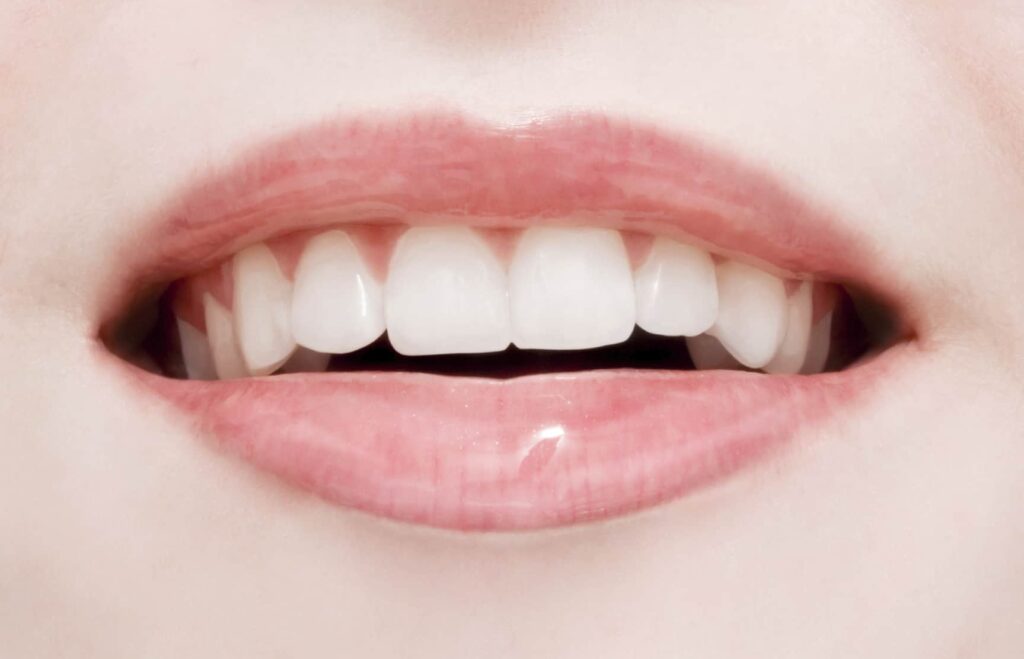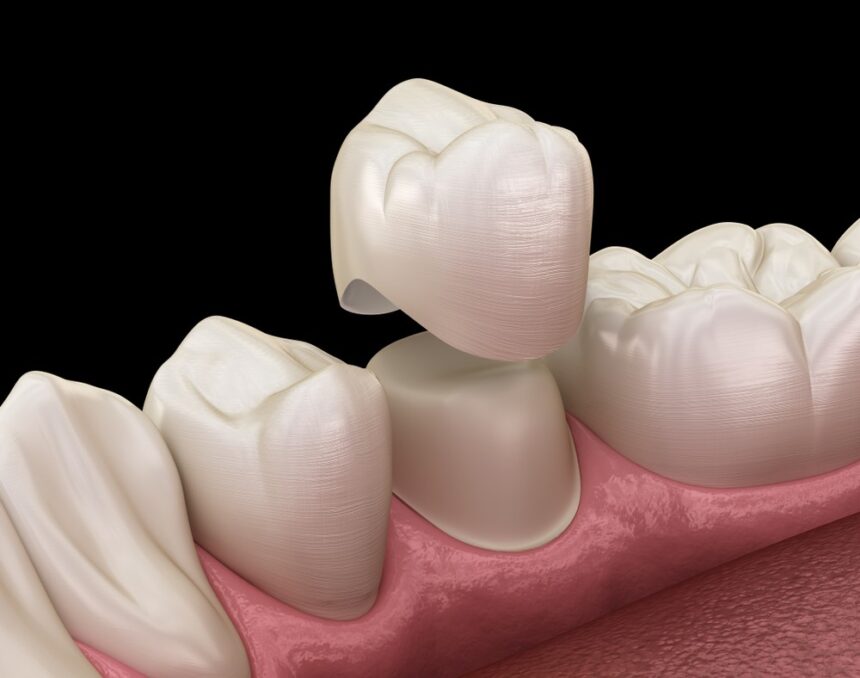Taking care of your oral health is crucial for maintaining a bright smile and overall well-being. Yet, navigating through the maze of dental advice can be confusing, especially when faced with common myths and misconceptions. Let’s bust nine of these myths about your teeth so you can better understand how to keep them healthy.
Baby teeth don’t need treatment
It’s a common belief among parents that baby teeth don’t require treatment since they’ll eventually fall out. However, untreated cavities in baby teeth can lead to pain and difficulty eating or speaking. Moreover, decay in baby teeth can affect the development of permanent teeth, causing long-term dental issues. It’s essential to address dental problems in children early by consulting a pediatric dentist.
Healthy teeth are white
Contrary to popular belief, the color of your teeth doesn’t determine their health. While white teeth are often associated with good oral hygiene, the absence of cavities or other dental problems isn’t solely indicated by tooth color. Teeth whitening can enhance the appearance of your smile but doesn’t necessarily reflect the health of your teeth.
Teeth whitening damages enamel
While older methods of teeth whitening may have posed risks to tooth enamel, modern techniques are safe and effective when performed under professional guidance. Professional teeth whitening options, both in-office and at-home kits, are designed to minimize enamel damage while providing noticeable results. However, it’s essential to address any existing dental issues before undergoing whitening treatment.

No pain, no problem
Waiting until you experience tooth pain to visit the dentist is a common mistake. Many dental issues, such as cavities or gum disease, can develop without causing noticeable discomfort. Regular dental check-ups are crucial for detecting early signs of dental problems and preventing them from worsening.
Sweets are the sole cause of tooth decay
While sugary foods contribute to tooth decay, they aren’t the sole culprits. Any food particles left in your mouth can become breeding grounds for bacteria, leading to cavities and other dental issues. Practicing good oral hygiene, including rinsing your mouth with water after meals, can help minimize the risk of decay.
Flossing Is Optional
Some people view flossing as an occasional remedy for removing food stuck between teeth. However, daily flossing is essential for removing plaque and food debris from areas that brushing alone can’t reach. Regular flossing helps prevent cavities and gum disease by maintaining optimal oral hygiene.
Stiff bristles are better
Contrary to popular belief, toothbrushes with stiff bristles can damage tooth enamel and irritate gums. Opting for a toothbrush with soft bristles is gentler on your teeth and gums while still effectively removing plaque and debris. Pairing soft-bristled brushing with regular flossing ensures thorough oral hygiene without causing harm.
Mouthwash can replace brushing and flossing
While mouthwash can be a beneficial addition to your oral care routine, it’s not a substitute for brushing and flossing. Mouthwash helps freshen breath and kill bacteria but doesn’t remove plaque or food particles. Brushing twice a day and flossing daily remain essential for maintaining optimal oral health.
Brushing harder cleans better
Brushing harder doesn’t necessarily mean cleaner teeth. In fact, aggressive brushing can wear down tooth enamel and damage gums, leading to sensitivity and other oral issues. Gentle brushing with a soft-bristled toothbrush for two minutes twice a day is sufficient for effective plaque removal without causing harm.
The bottom line
By debunking these common myths about oral health, you can make informed decisions to better care for your teeth. Remember to schedule regular dental check-ups, maintain proper oral hygiene practices, and seek professional advice for any dental concerns. Keeping these principles in mind will help you achieve a healthy and radiant smile for years to come!






